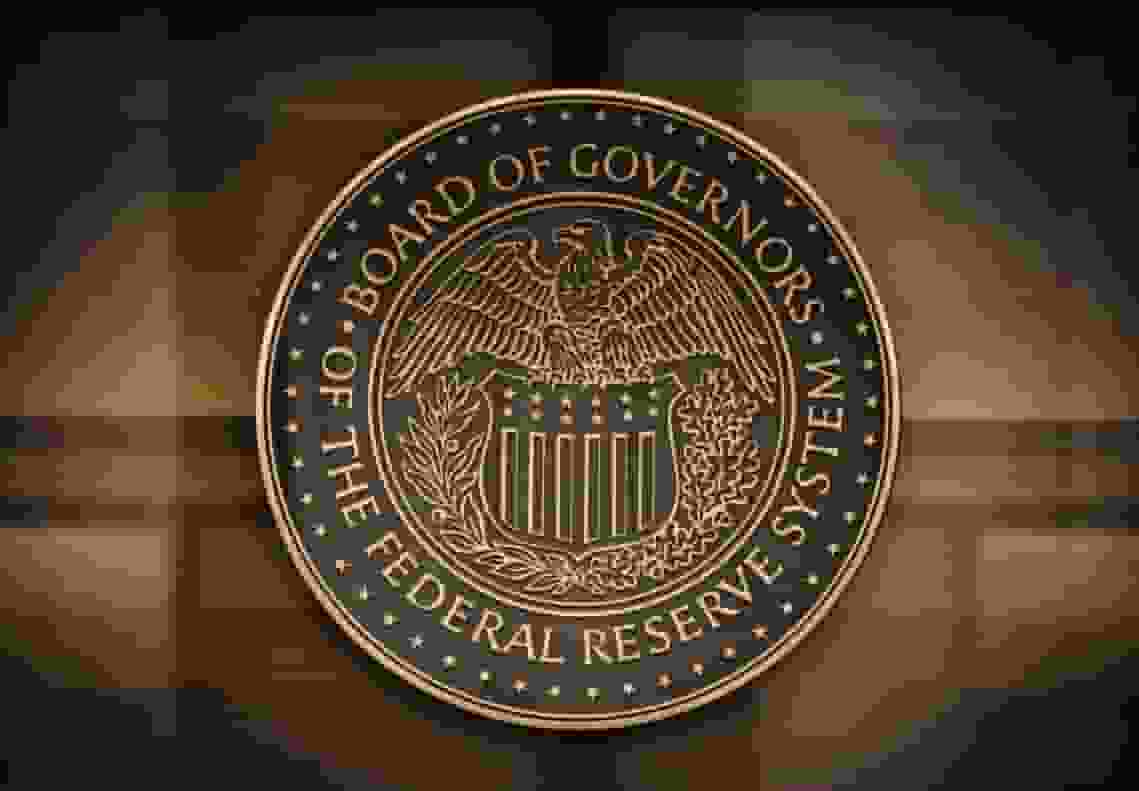
This week, the Federal Reserve hiked interest rates, but the impact on already variable mortgage rates may be minimal.
Although the Federal Reserve does not directly determine mortgage rates, it plays a significant effect. The Federal Open Market Committee determines the Fed’s monetary policy. Inflation, the strength of the labor market, and the Fed’s monetary policy all influence mortgage rates.
Federal Reserve Affects Mortgage Rate
The Federal Reserve is the central bank of the United States. The Fed, which consists of twelve regional Federal Reserve banks and twenty-four branches, is governed by a board of governors that includes voting members of the FOMC.
The FOMC is responsible for establishing monetary policy with the objective of stabilizing the economy and promoting its growth. It does this in part by establishing the federal funds rate — the benchmark interest rate that banks use to borrow and lend money.
In an inflationary climate, such as the current one, the Fed raises interest rates to make borrowing money prohibitively expensive for both banks and consumers.
The rate increase is often passed on to consumers in the form of higher interest rates on longer-term loans, such as mortgages. This influences prospective homebuyers.
Since March of last year, the Fed has increased its benchmark short-term interest rate, the federal funds rate, eight times to combat persistent inflation, which reached 6% in February.
In March, Fed Chair Jerome Powell announced a 25-basis-point (or 0.25%) increase in interest rates. The Fed said at its meeting on Wednesday that it is beginning to see results in its efforts to lower inflation, but it has not yet removed its foot from the accelerator.
Read more: Student loan programs that may help you to erase your debt; Here’s how!
Feds Strategy Delayed

After a 25-basis-point hike at the January/February meeting, it appeared likely that the Fed would increase interest rates even further at the start of this month.
This is because economic data consistently indicated that the economy was thriving and inflation remained high. The consumer price index for February revealed inflation to be 6%.
Powell appeared before Congress on March 7 and 8 and emphasized that the Fed’s decisions would be data-driven, laying the framework for greater rate hikes.
Later, on March 10, the United States saw its second-largest bank failure in history, as Silicon Valley Bank collapsed due to a rush of depositors withdrawing funds. (Disclosure: NerdWallet was a customer of SVB prior to its demise.)
Later, within less than 48 hours, the third-largest bank failure happened, with regulators assuming control of Signature Bank and SVB. This caused market instability due to fears of a more widespread banking catastrophe.
In light of the fact that rate hikes had contributed to the bankruptcy of Silicon Valley Bank, the Fed’s way forward suddenly became less clear.
The liquidity crisis at SVB erupted when depositors panicked after the bank announced it had sold bonds at a loss. SVB incurred losses on these longer-term bonds due to increased interest rates.
Read more: Stimulus checks: Mark your calendar for these states are still distributing payments

